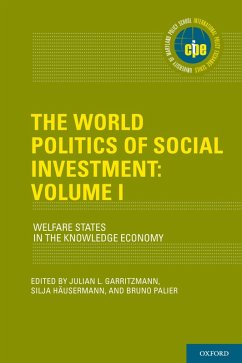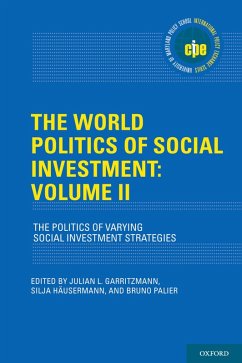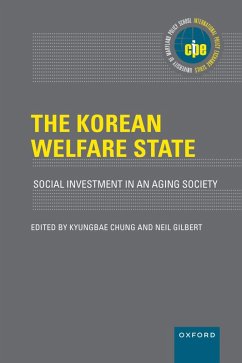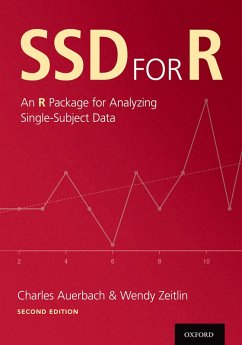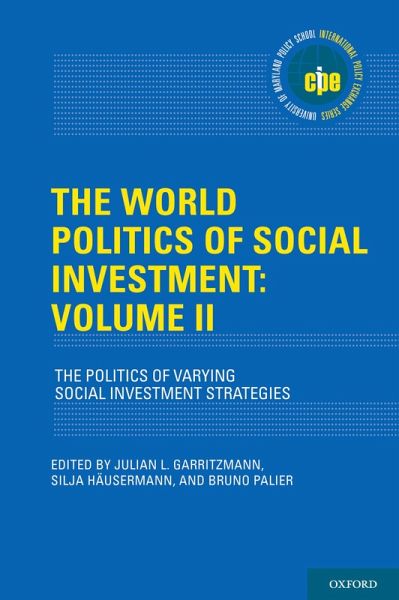
The World Politics of Social Investment: Volume II (eBook, ePUB)
The Politics of Varying Social Investment Strategies
Redaktion: Garritzmann, Julian L.; Palier, Bruno; Häusermann, Silja
Versandkostenfrei!
Sofort per Download lieferbar
37,95 €
inkl. MwSt.
Weitere Ausgaben:

PAYBACK Punkte
19 °P sammeln!
Welfare states around the globe are changing, challenged by the development of knowledge economies. In many countries, policy-makers' main response has been to modernize welfare states by focusing on future-oriented social investment policies that focus on creating, mobilizing, and preserving human skills and capabilities. Yet, there is massive variance in the development of social investment strategies. The World Politics of Social Investment: Political Dynamics of Reform is the second of two volumes of the World Politics of Social Investment (WOPSI) project, which systematically maps and exp...
Welfare states around the globe are changing, challenged by the development of knowledge economies. In many countries, policy-makers' main response has been to modernize welfare states by focusing on future-oriented social investment policies that focus on creating, mobilizing, and preserving human skills and capabilities. Yet, there is massive variance in the development of social investment strategies. The World Politics of Social Investment: Political Dynamics of Reform is the second of two volumes of the World Politics of Social Investment (WOPSI) project, which systematically maps and explains different welfare reform strategies in democratic countries around the world. This volume traces the development of social investment reforms across the regions of Nordic, Continental, and Southern Europe, as well as Central and Eastern Europe, North and Latin America, and North East Asia. The chapters in this volume study the impact of different structural drivers for social investment (e.g., demographic, poverty, demand for skill, or lack of an available workforce), the salience of social investment in the public debates, and the different political coalitions that led to or prevented the adoption of social investment strategies. The chapters are written by leading social policy scholars from different world regions. They all apply a joint theoretical framework (developed in the first of the two volumes) to explain the politics of social investment in a range of contexts and policy fields. Jointly with the first volume, the WOPSI project offers the first worldwide analysis of social investment reforms around the globe.
Dieser Download kann aus rechtlichen Gründen nur mit Rechnungsadresse in A, B, BG, CY, CZ, D, DK, EW, E, FIN, F, GR, HR, H, IRL, I, LT, L, LR, M, NL, PL, P, R, S, SLO, SK ausgeliefert werden.




